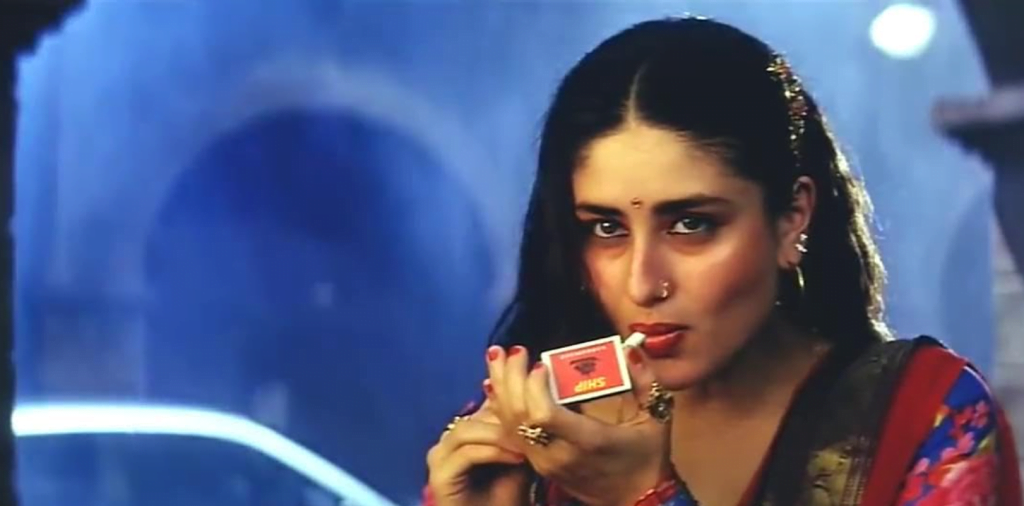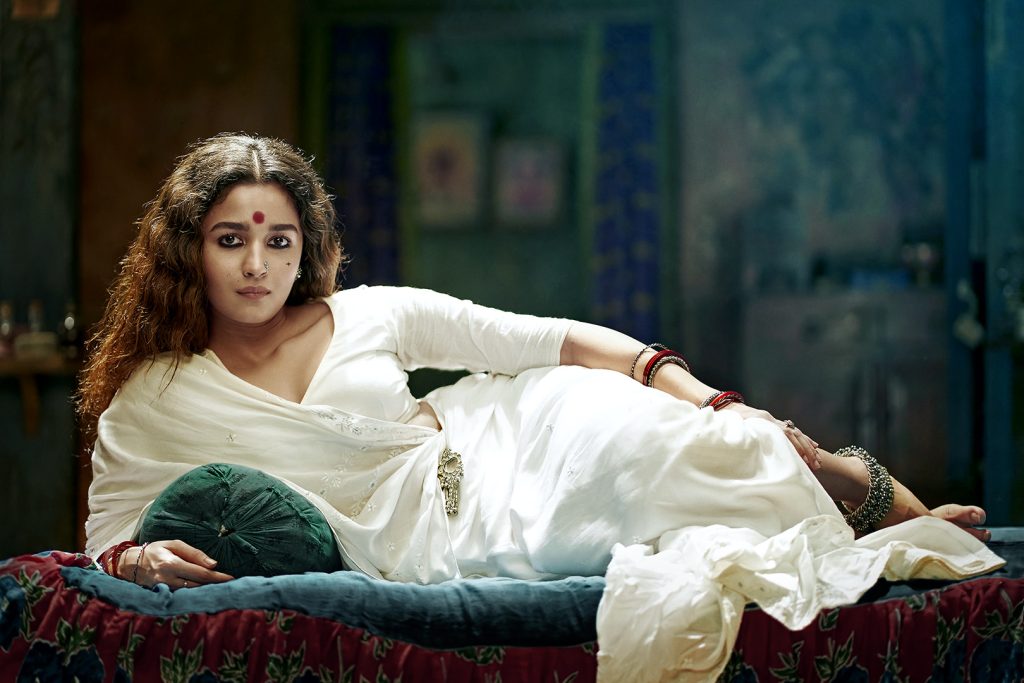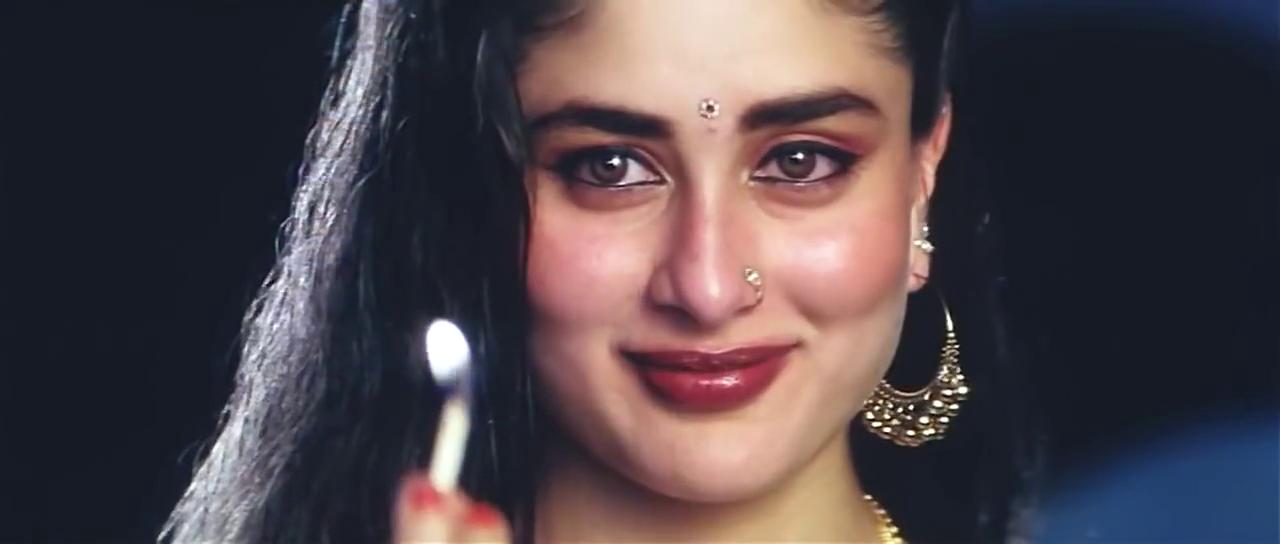The Sex Worker with a Big Heart character is a typically female character with a kind and generous spirit who happened upon a life of extreme exploitation like sex work by chance, usually because of a tragic event or misfortune or to cater to their family needs. Though typically involving prostitution – selling sex in exchange for payment- this trope can also include sex workers in other areas such as strippers and adult film performers. She possesses qualities that are both wholesome and good, as well as a sexual promiscuity that makes her the perfect subject for the male gaze. Therefore, this character is commonly a love interest for the main male character.
Regardless of origin, the Sex Worker with a Big Heart often wants to be whisked away from their life and into a happy monogamous relationship or otherwise a mundane simple life (read better life). It is this duality of characteristics, both good and conventionally bad, that truly distinguishes this trope from other sex worker stereotypes that focus solely on negative associations.
Within narratives, the Sex Worker with a Big Heart relies on her tragic backstory and socially acceptable qualities to make her palatable to audiences, contrasting her sexual sins which are framed as exceptions to perceived norms about hypersexual and drug-addicted sex workers. However, having a good heart is often not enough – these characters frequently face gender-based violence, or even death at the hands of a lover, pimp, villain or through disease.
Bollywood’s contradictory portrayal: Glorification vs. dis-empowerment
In Bollywood, the trope of the Sex Worker with a Big Heart has been used many times. Despite being part of a profession often looked down upon in Indian society, these female characters are portrayed as having inherent goodness, selflessness, and piousness, making them highly sympathetic figures.

The 2004 film Chameli is a prime example of the trope. Kareena Kapoor plays the titular role of Chameli, a sex worker who gets unwittingly involved with a wealthy investment banker played by Rahul Bose. Throughout one eventful night, Chameli displays immense compassion, wisdom and street-smartness that transform the disillusioned banker’s cynical perspective on life after his wife’s death. Though engaged in prostitution out of unfortunate circumstances, Chameli’s pure, childlike innocence and zest for life shine through the film’s dull blurry rain scenes.
This trope allows filmmakers to humanise and shed light on the plight of sex workers, who are marginalised in Indian society. By imbuing these characters with inner grace and righteousness, it challenges the audience to look past surface stigma. Their inherent goodness contrasts with the cruelty of the circumstances that compelled them into the profession.
The Sex Worker with a Big Heart trope also serves as an instrument of social commentary. Their sympathetic arcs critique the hypocrisy of a patriarchal system that shuns them while feeding the demand that renders them into the profession. These characters’ trajectories also in turn bring up questions of gender inequality, feminine exploitation, and gendered power dynamics.
Denying sexual agency: The damsel in distress narrative
On one hand, Bollywood glorifies the plight of sex workers, rendering them saintly, selfless figures, yet, it simultaneously denies them sexual agency by framing them as damsels in distress requiring male saviours. For instance, in the 2007 film, Laaga Chunari Mein Daag, Vibhavari finds herself in forced prostitution yet she is saved not by her position (which turns a bit better) but by a male, Rohan for he is enamoured by her sacrifices for her family financial issues.
This trope perpetuates the notion that sex workers are victims who lack autonomy over their circumstances. Their inherent big heart and moral fortitude are positioned as justifications for why they deserve to be rescued from their profession by the intervention and resources of a male hero. Such narratives rob sex workers of their desire, resilience, and potential for independence.
By portraying these characters as having an essentially noble, feminine spirit sullied only by their occupations, Bollywood indulges in a reductive view of transactional sex. The big heart depiction diminishes sex work to exploitative labour devoid of any pleasure, pride, or choice in the matter. It denies the reality that for some, sex work is a pragmatic means of economic independence exercised with boundaries. This trope aligns with archaic, patriarchal visions of feminine virtuousness.
Despite their professions, these heroines are framed as inherently chaste and nurturing – acceptable only because their circumstances force them into immorality. Such regressive gender notions have been wildly commercially successful for Bollywood, allowing them to commodify and exploit the very same sexualised stereotypes about women to mint box office profits.
While often well-intentioned in its goal of humanising sex workers, this trope severely lacks nuance. It strips them of any agency beyond base survival motivations. These distorted representations limit whose experiences are valorised – favouring depictions that align with preconceived cultural morals about feminine self-sacrifice over the multi-faceted truth.
Sex workers: Another class of Proletariats?
Through a brief Marxist feminist analysis, it is important to see this trope of sex work with a golden heart through the lens of labour under capitalism, situating it within broader critiques of economic exploitation and the commodification of human activity. This perspective rejects the notion that sex work exists outside of capitalist relations of production, instead contextualising it as a form of reproductive labour that is integral to the functioning of the system.

In this regard, the films must call for a materialist analysis that grapples with the economic realities and power dynamics at play. Since, by portraying sex work as just work, sexual labour is often devalued and marginalised precisely because it clashes with capitalist mythologies around public/private boundaries and the treatment of intimacy as an un-commodifiable realm. This marginalisation, in turn, enables greater exploitation by denying sex workers full labour rights, protections, and the ability to collectively organise. The tacit acceptance of this devaluation is seen as serving capital’s interests by helping to maintain an abundant reserve of disempowered, low-cost sexualised labour.
Hence, if this gender trope or stereotype continues then the ongoing normalisation of sexualised violence and objectification under patriarchal capitalism which creates the conditions for sex work’s existence as a market solution to socially-reproduced demand will continue. It is hereby then crucial for Bollywood to be mindful of acknowledging sex work (in its current form of glorification) as an exemplar of capitalism’s tendency to exploit labour across all spheres of human activity for the enrichment of a privileged class.
In essence, understanding that films (like all art forms) not only replicate society but also influence the same, should thus, advocate for destigmatising and decriminalising sex work as legitimate labour deserving of full rights, while simultaneously working towards a socialist re-structuring of economic relations to eliminate the dynamics of oppression and alienation that shape the industry.
While aiming to humanise sex workers, the Sex Worker with a Big Heart trope still in Bollywood remains a double-edged sword. It sheds light on their plights yet adheres to regressive stereotypes that deny sexual agency and promote patriarchal subjugation. Nuanced and empowering representations that honour sex workers’ multidimensionality are still lacking. For true dignity, Bollywood must move beyond reductive moral binaries and scrutinise the biases and power dynamics its narratives reinforce.






Thankyou for sharing this information. Check my Website which is related to Farmhouse for Stay in Delhi